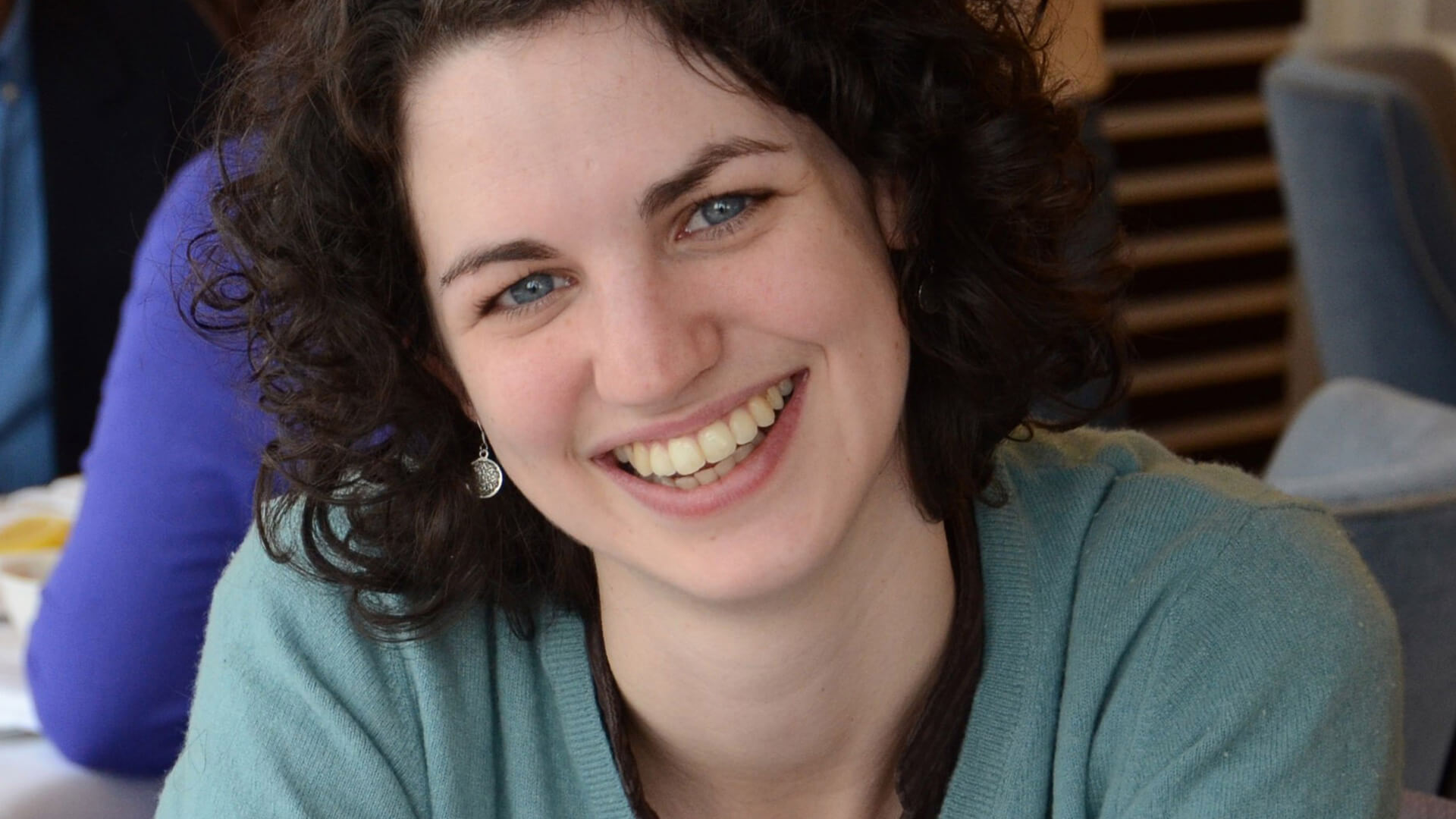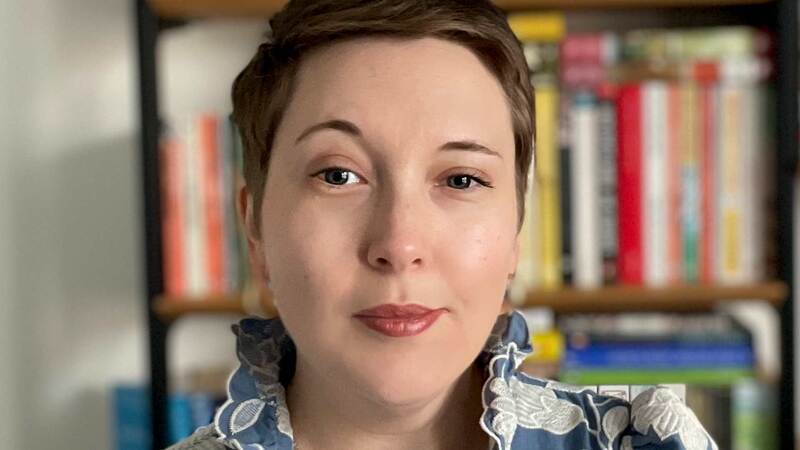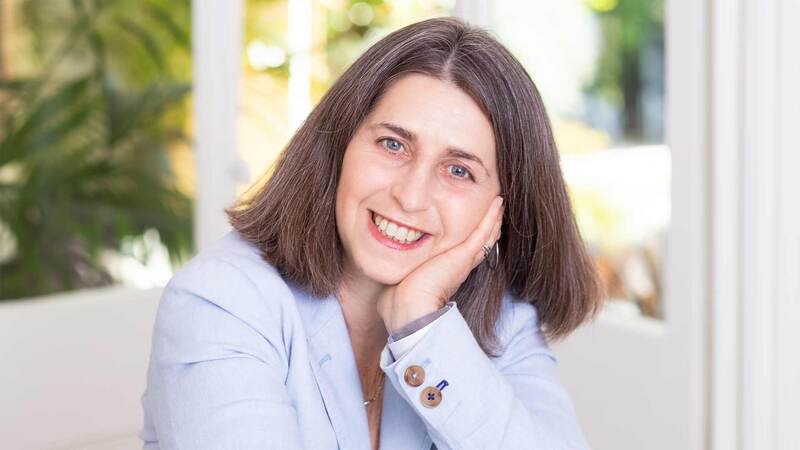You are viewing your 1 free article this month. Login to read more articles.
M&P hears of publicists' struggle with authors' emotional wellbeing during publication
Industry figures discussed the difficult balance between being emotionally supportive while remaining professional for writers during the publishing process at The Bookseller’s Marketing & Publicity Conference.
In the session entitled "Pastoral or professional? Looking after our authors and our publicists", Anna Frame, communications director at Canongate Books, discussed the topic with Madeleine Milburn literary agent Emma Bal along with Sabah Khan, head of publicity across adult, fiction and non-fiction at Simon & Schuster UK and Daniel Gorman, director at English PEN.
Khan said: “I have a fiction author with a book coming out later this year but in the book there are three different characters and one of them is in an abusive relationship, and when I met her and we discussed the publicity she disclosed she had been in an abusive relationship, so I worked on a pitch with her, sent it out and it was great so obviously got responses. I sent them on to her and said we just need some more depth and she said, ‘oh my God. Seeing this in black and white – I don’t want to do this.’ A completely valid response.
“I said, ‘that’s completely fine, if you want to run with it, these are your options but if you don’t, that’s also ok’. But that is a fiction author who really knows herself and could tell me, ‘I said I wanted to do it but now I don’t want to do it’. But sometimes it’s much more difficult with non-fiction because if they’re telling their own story, it does feel a bit strange to say, ‘I’ll write about it but I won’t do any press’. I think that’s an internal battle they have because they’ve shared their story and are vulnerable in putting it out but having to relive that every single time... creating that trust with the publicist is really important, though the publicist will be working across multiple titles across many time-frames. The conversation needs to start early.
“If I’m looking at next year and there’s a book coming out that is more work mentally and is emotionally draining, I need to rely on my team to pick up other books... You need to be mindful enough to say ‘I can’t work on this and this other thing’. Or maybe we should publish fewer books.”
Bal described a similar scenario with a non-fiction author whose book deals with loss, in which the editor asked how best to approach with editorial notes. “I said [to the editor], she probably won’t blindside you with a negative reaction but with a caveat that I’m not her best friend. She’s my author, I have a professional relationship. I said, put me on the email too and we’ll see how she deals with the feedback. I couldn’t say ‘she’ll be completely fine’.”
Bal agreed with Khan that ongoing discussion was vital: “This conversation should be happening all the time and should start as early as possible. And having a publicist and editor together with the agent too, everyone knowing the conversation is happening rather than the publicist meeting the author one-on-one and feeling like ‘has anyone spoken to you about how comfortable you are with these things?’ Sometimes people are having the same conversations but separately.”
Gorman emphasised structural support for publicists: “When you’re having these conversations, it’s a lot to take on — it’s about thinking how others in the industry can be supportive whether that’s employee assistance programmes and using them.”
Frame echoed this: “If there can be an acknowledgment in-house of how hard this can be, because this is often overlooked. There is a huge responsibility for people in an emotionally vulnerable time. So for managers, making sure junior staff know how to come and say ‘this is too much for me’.”
Frame is collaborating on an industry-wide guidance for authors on the publishing process: “One of the things the Society of Authors is working on which I’m helping with is a little handbook with not just resources but also accounts from other authors on how it’s hard and sometimes not always what it’s cracked up to be.”




















